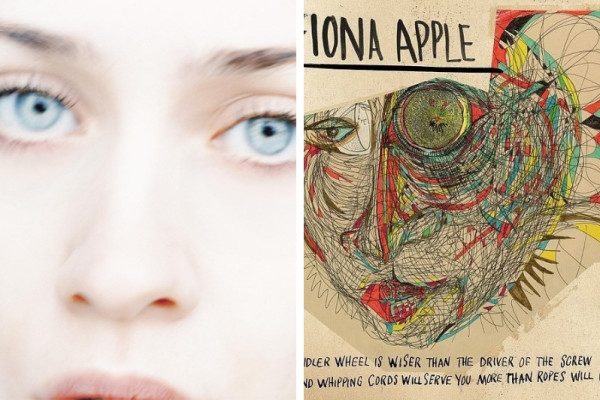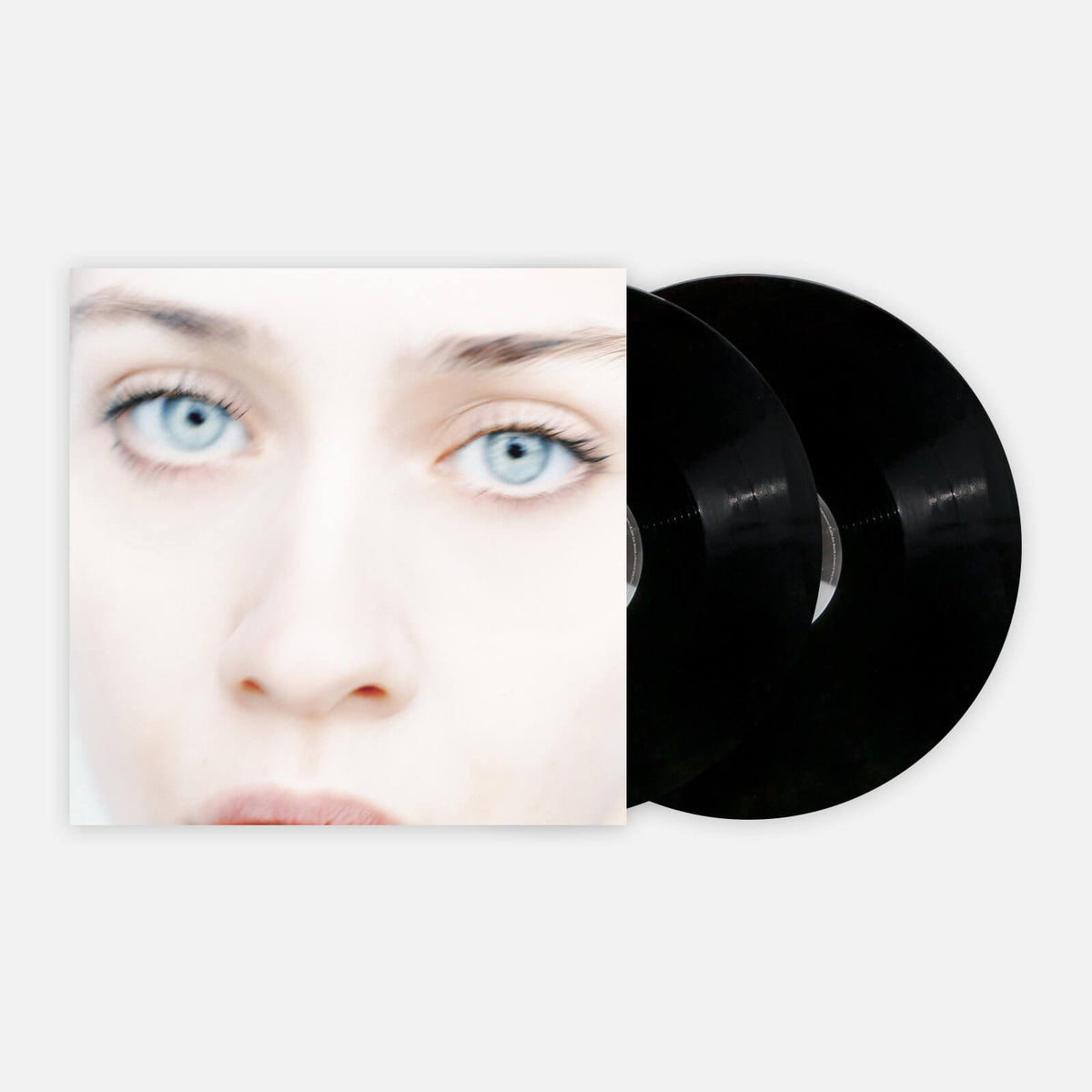
L'esuberante rap di Sleep To Dream (uno shuffle nevrotico a base di hip-hop) e l'ardita Criminal (un miscuglio blues-rock intenso e febbrile) fanno meglio di Sheryl Crow. On the other hand, her frequent references to the blues, soul and jazz traditions sometimes recreate the atmosphere of the cabaret.Ĭompared with Tori Amos, another pianist and singer, Apple cannot boast the same eclectism as an arranger or the same vocal talent.įiona Apple (figlia di un attore e di una cantante/ballerina, cresciuta a New York, trasferitasi adolescente a Los Angeles per il liceo, ma tornata a New York) esordì a soli diciott'anni con Tidal (Epic, 1996). Only Slow Like Honey and Carrion slip into the mellow and sleepy style of an easy-listening chanteuse. The arrangement makes use of the orchestra mostly discreetly. The Child Is Gone vents angst rather than bitterness (Apple was raped at twelve). Apple has little in common with the angry singer-songwriters of her era.

Sullen Girl (a sort of self-portrait) recalls Laura Nyro's tortured self-analysis. The piano is her second voice, whether in the light and melodramatic tone of an Elton John (the hit single Shadowboxer) or in the more cerebral manner of a Joni Mitchell ( Never Is A Promise, Pale September). But her talent and her true voice emerged from the pensive piano-based ballads. The vibrant rap of Sleep To Dream (a neurotic hip-hop-accented shuffle) and the defiant Criminal (a thick and feverish blues-rock shuffle) do Sheryl Crow better. Apple was a precocious talent and debuted at eighteen with Tidal (Epic, 1996), an album that caused a sensation. When The Pawn Hits The Conflicts (1999), 6.5/10įiona Apple, daughter of an actor and of a singer/dancer, was raised in New York, relocated to Los Angeles where she attended high school, but later returned to New York. (Copyright © 1999 Piero Scaruffi | Terms of use) Fiona Apple: biography, discography, reviews, ratings Fiona Apple ET to hear Rolling Stone Music Now broadcast live from SiriusXM’s studios on Volume, channel 106.The History of Rock Music.
#Fiona apple tidal plus#
The podcast is nominated for a Webby Award – please vote for us right here.ĭownload and subscribe to our weekly podcast, Rolling Stone Music Now, hosted by Brian Hiatt, on iTunes or Spotify (or wherever you get your podcasts), and check out two years’ worth of episodes in the archive, including in-depth, career-spanning interviews with Bruce Springsteen, Halsey, Ice Cube, Neil Young, the National, Questlove, Julian Casablancas, Sheryl Crow, Johnny Marr, Scott Weiland, Alice Cooper, Fleetwood Mac, Elvis Costello, Donald Fagen, Phil Collins, Alicia Keys, Stephen Malkmus, Sebastian Bach, Tom Petty, Kelly Clarkson, Pete Townshend, Bob Seger, the Zombies, Gary Clark Jr., and many more - plus dozens of episodes featuring genre-spanning discussions, debates, and explainers with Rolling Stone’s critics and reporters. Last week on Rolling Stone Music Now, we interviewed Dua Lipa.
#Fiona apple tidal download#
To hear the entire episode right now, press play below or download and subscribe on iTunes or Spotify.

Meanwhile, Shaffer and Spanos explain why they both rank Tidal at the bottom of Apple’s catalog, despite being fans of the album.

The episode goes track-by-track through the new album, while exploring how Apple overcame early misconceptions and sexist criticism to become one of the most consistent and inventive artists of her generation. In the new episode of Rolling Stone Music Now, Claire Shaffer, Brittany Spanos, and Rob Sheffield join host Brian Hiatt for a deep dive into the entire catalog of Fiona Apple, from 1996’s Tidal to this year’s masterpiece, Fetch the Bolt Cutters(which Shaffer reviewed in April).


 0 kommentar(er)
0 kommentar(er)
